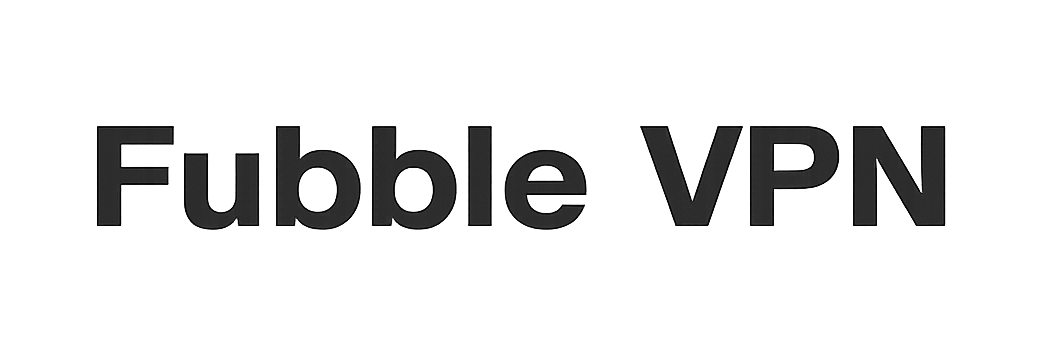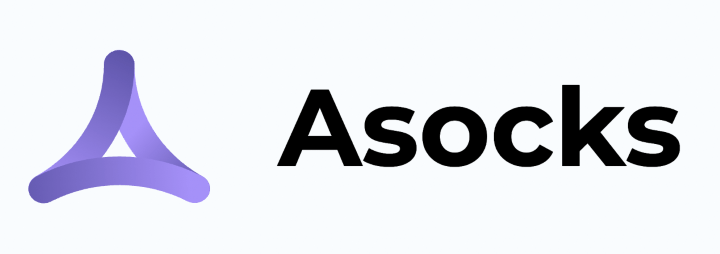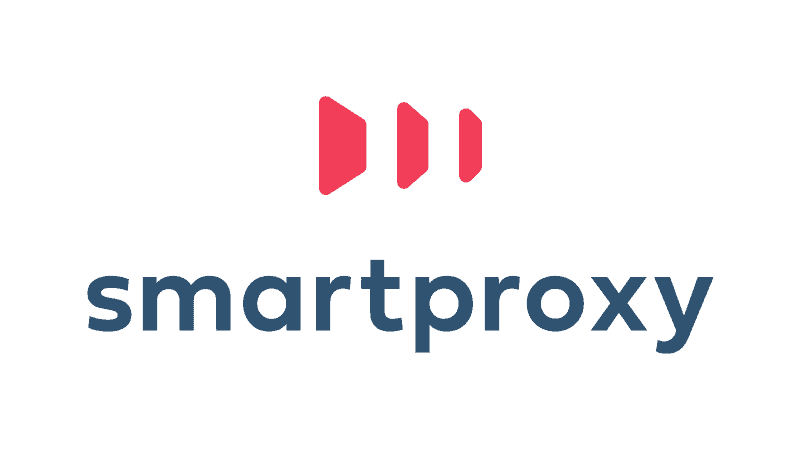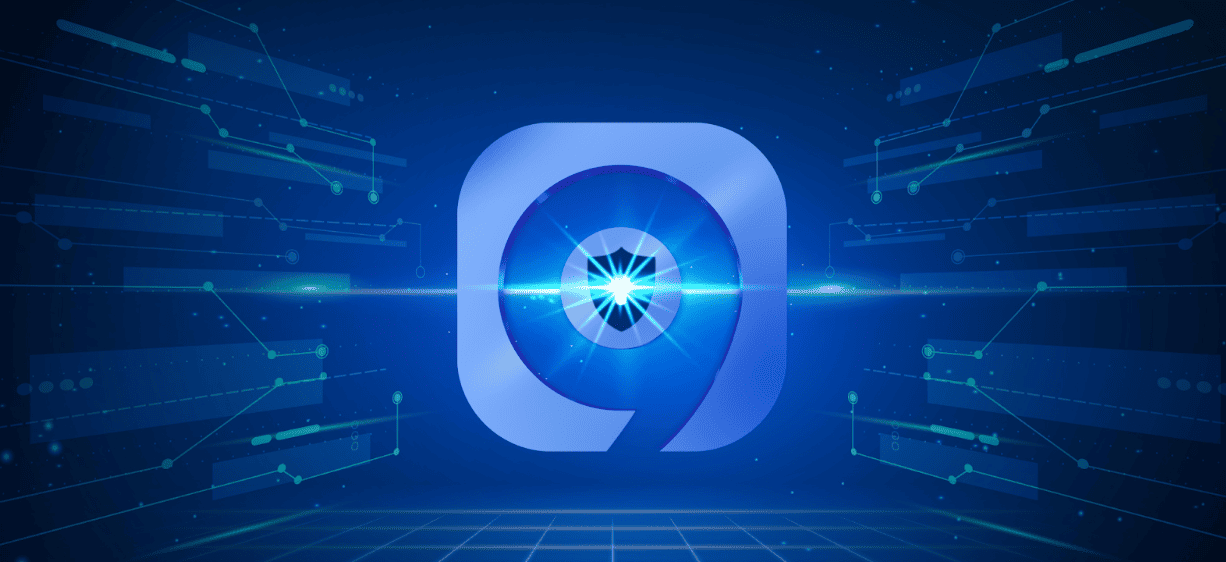One Step Towards Better Cyber Security
Each user has an IP address, which allows identifying them and receiving some of their personal data, such as location. The websites you visit can also access this information. This fact makes any Internet user vulnerable to hacker attacks, intrusive ads, or even identity theft. However, if you use a proxy, you create a gateway between you and the Internet.
When you visit any website, it cannot see your actual IP address as the proxy server interacts with the site for you and then redirects all necessary information. In this case, no one will be able to access your data and track your online activity. Plus, you can view any website, even if it is banned in your country.
Let’s Figure Out
There are five main types of proxy servers: residential and data center, shared, semi-dedicated, and dedicated.
- Residential proxies: they provide genuine IP addresses to mimic user behavior;
- Data-center proxies: they give you IP addresses from third-party organizations. This type of proxy usually guarantees better anonymity and smoother performance.
- Shared Proxies: they provide IP addresses used by multiple users simultaneously. That is why they are cheaper than private proxies but still suitable for gaining access to blocked content and bypassing other restrictions.
- Semi-dedicated proxies: similar to shared proxies, but the number of IP users is limited. Only 3 of them can employ one IP at the same time. However, if you opt for this type of proxy while surfing on social media, your account may be blocked due to the suspicious activity of other users.
- Dedicated Proxies: These are private proxies that mean you don’t share your IP with anyone. Proxies of this type can guarantee the highest level of security. Businesses usually use them.
















